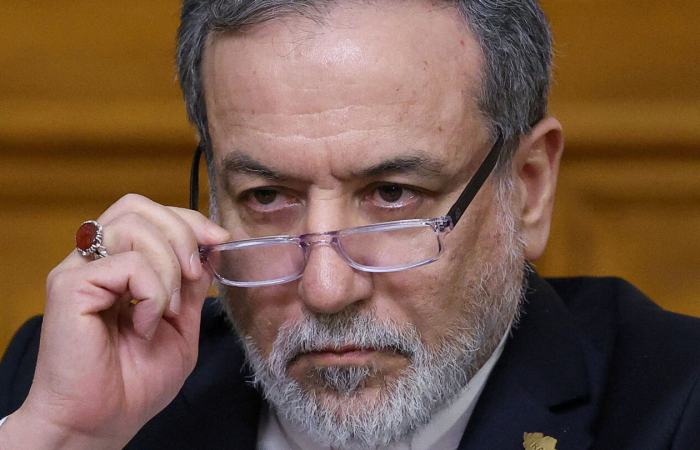По данным Консульской службы Министерства иностранных дел Нагорно-Карабахской Республики на 21 августа сего года, НКР посетило 10 тысяч 667 иностранных граждан. В июле с.г. в республику прибыло 3 тыс. 723 человека (2 тыс. 165 человек в июле 2011 г.), а с 1 по 21 августа - 3 тыс. 124 человека (2 тыс. 870 человек в августе 2011 г.).
Как сообщили АрмИнфо в пресс-службе МИД НКР, в первом полугодии 2012 года НКР посетило 3 тыс. 820 иностранных граждан, что на 874 или 29,6% превышает показатель аналогичного периода 2011 года. Если в 2011 году 10-ти тысячный иностранный гражданин пересек границу НКР в октябре, то в нынешнем году - в начале августа.
Поток туристов в Арцах-Карабах со всех континентов мира, несмотря на чинимые властями Азербайджана препятствия,с каждым годом растет. Не случайно край все чаще включается в рейтинги самых привлекательных туристических уголков мира. Иностранцев привлекают древнейшие исторические памятники, роскошная природа, здоровая экология, а также доброжелательность и гостеприимность населения.







